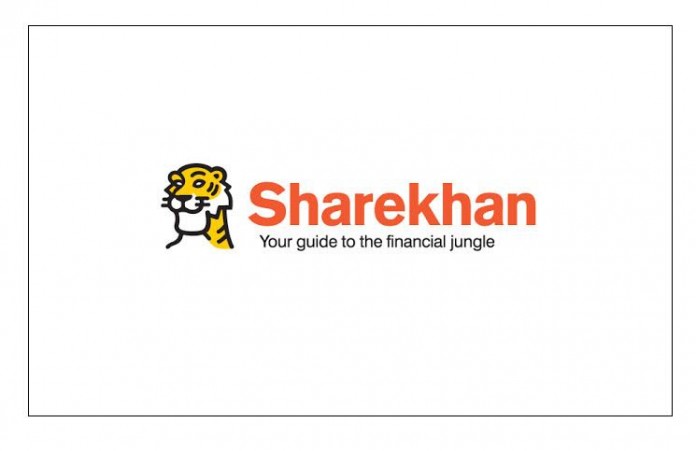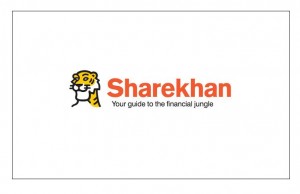In this blog post, Gopalakrishnan Arjun, a student of the National University of Advanced Legal Studies, Kochi, who is currently pursuing a Diploma in Entrepreneurship Administration and Business Laws from NUJS, Kolkata, writes about the liability of Sharekhan if shares fraud is committed using their portal.
Sharekhan is an Online Share Trading Centre. It provides a portal for individuals to trade on shares.
The SEBI (Prohibition of Fraudulent and Unfair Trade Practices Relating to Securities Market) Regulations, 2003 prohibits certain kinds of activities which are fraudulent[1]. These regulations prohibit[2] the buying, selling or dealing in securities in a fraudulent manner. A prohibition has been placed on the use of any manipulative practice, in contravention of the provisions of the Act, to facilitate the issue, purchase or sale of security. Further, the regulations prohibit the employment of any method to defraud someone in relation to the issue of securities that are listed or are proposed to be listed.There also exists a prohibition regarding any act, in violation of the provisions of the Act, operating as deceit on a person regarding the issue of securities that are again, listed or proposed to be listed on a recognized stock exchange.
The section also stipulates that no person shall be allowed to do any of these either directly or indirectly. Indirectly would mean, through something else. The act could be through an online trading portal like Sharekhan. Hence, any fraudulent activity committed through Sharekhan is also prohibited. Sharekhan in such a situation will be the intermediary.
SEBI has the power to issue a warning or censure against an intermediary and suspend or even cancel his registration. The reasons will have to be recorded in writing, and the steps taken would have to be in the interest of investors and securities market[3]
SEBI, on August 1, 2015, fined the broking firm, Sharekhan and some other individuals. The fine was by allegations of front-running activities, indulged in by these entities. The Regulator computed the unlawful gains made by Sharekhan and the 15 entities. Eventually, the total fine imposed was Rs 14.7 crore. The fine was also based on the investigations conducted, which revealed that for the period of March 1, 2009, to March 31, 2011, some clients of Sharekhan were front-running the orders of the Sterling group. This was affirmed by the fact that the subsequent orders placed by the front-runners matched almost completely with the orders placed by the Sterling Group.[4]
Hence, it can be concluded that when a fraud is committed through Sharekhan, Sharekhan will be held liable and will be fined for the same.
(1) A knowing misrepresentation of the truth or concealment of material fact so that another person may act to his detriment;
(2) A suggestion as to a fact which is not true by one who does not believe it to be true;
(3) An active concealment of a fact by a person having knowledge or belief of the fact;
(4) A promise made without any intention of performing it;
(5) A representation made in a reckless and careless manner whether it be true or false;
(6) Any such act or omission as any other law specifically declares to be fraudulent,
(7) Deceptive behavior by a person depriving another of informed consent or full participation,
(8) A false statement made without reasonable ground for believing it to be true.
(9) The act of an issuer of securities giving out misinformation that affects the market price of the security, resulting in investors being effectively misled even though they did not rely on the statement itself or anything derived from it other than the market price.
Footnotes:
[1] “fraud” includes any act, expression, omission or concealment committed whether in a deceitful manner or not by a person or by any other person with his connivance or by his agent while dealing in securities in order to induce another person or his agent to deal in securities, whether or not there is any wrongful gain or avoidance of any loss, and shall also include-
[2]Reg 3, SEBI (Prohibition Of Fraudulent And Unfair Trade Practices Relating To Securities Market) Regulations, 2003.
[3]Reg 12, SEBI (Prohibition Of Fraudulent And Unfair Trade Practices Relating To Securities Market) Regulations, 2003.
[4]Http://articles.economictimes.indiatimes.com/2015-08-01/news/65074524_1_sharekhan-unlawful-gains-sebi, Last visited, 30.07.2016
 Serato DJ Crack 2025Serato DJ PRO Crack
Serato DJ Crack 2025Serato DJ PRO Crack












 Allow notifications
Allow notifications


